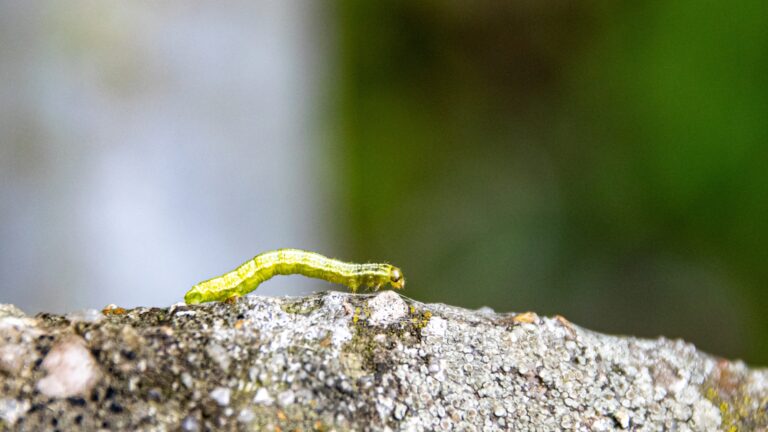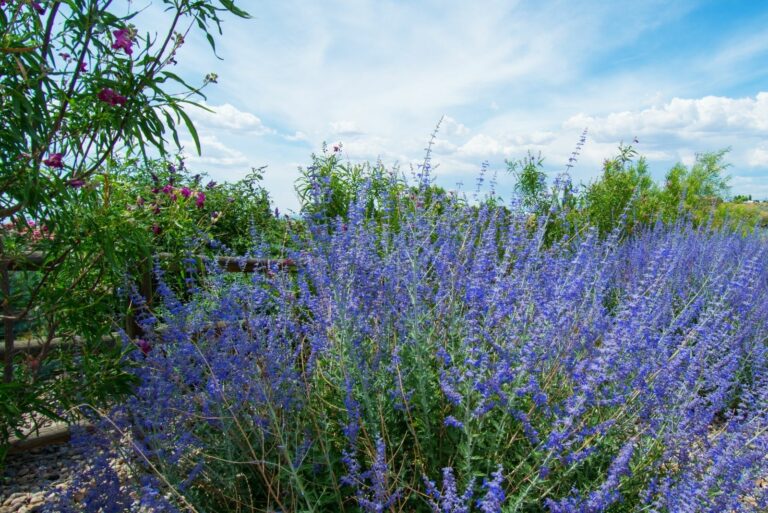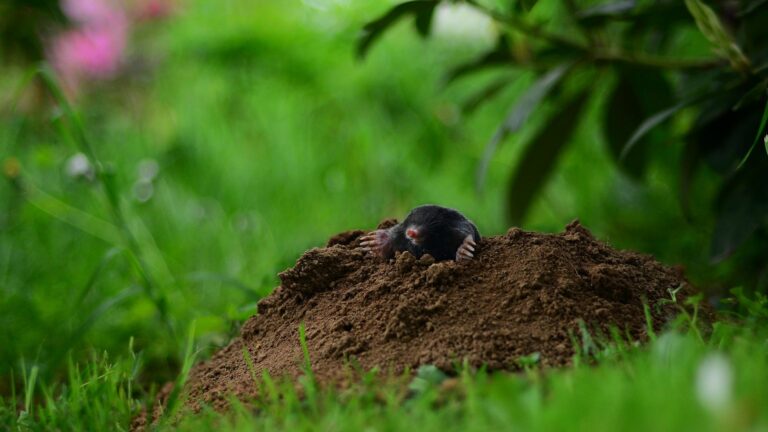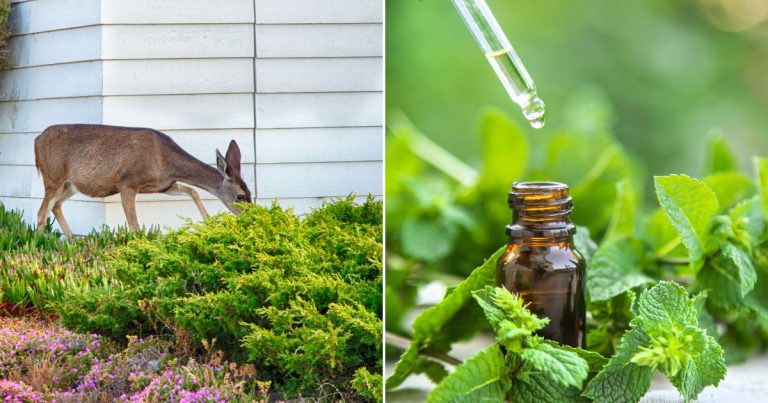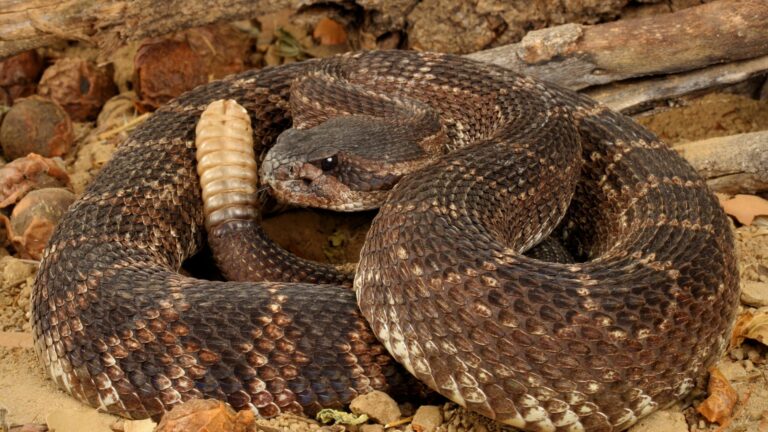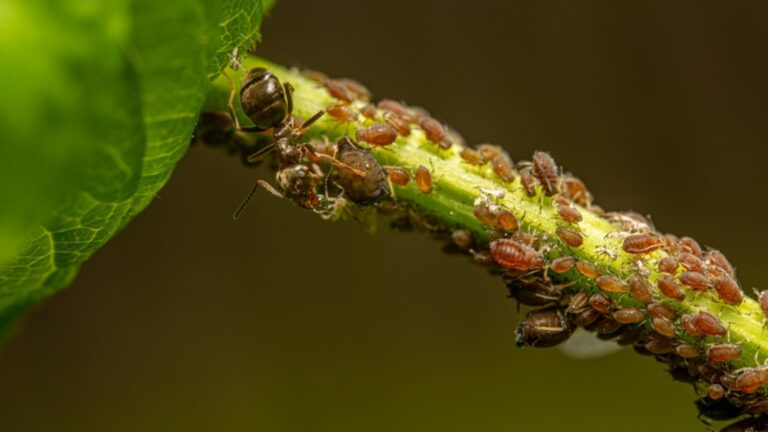11 Rat-Repelling Plants Alabama Gardeners Rely On
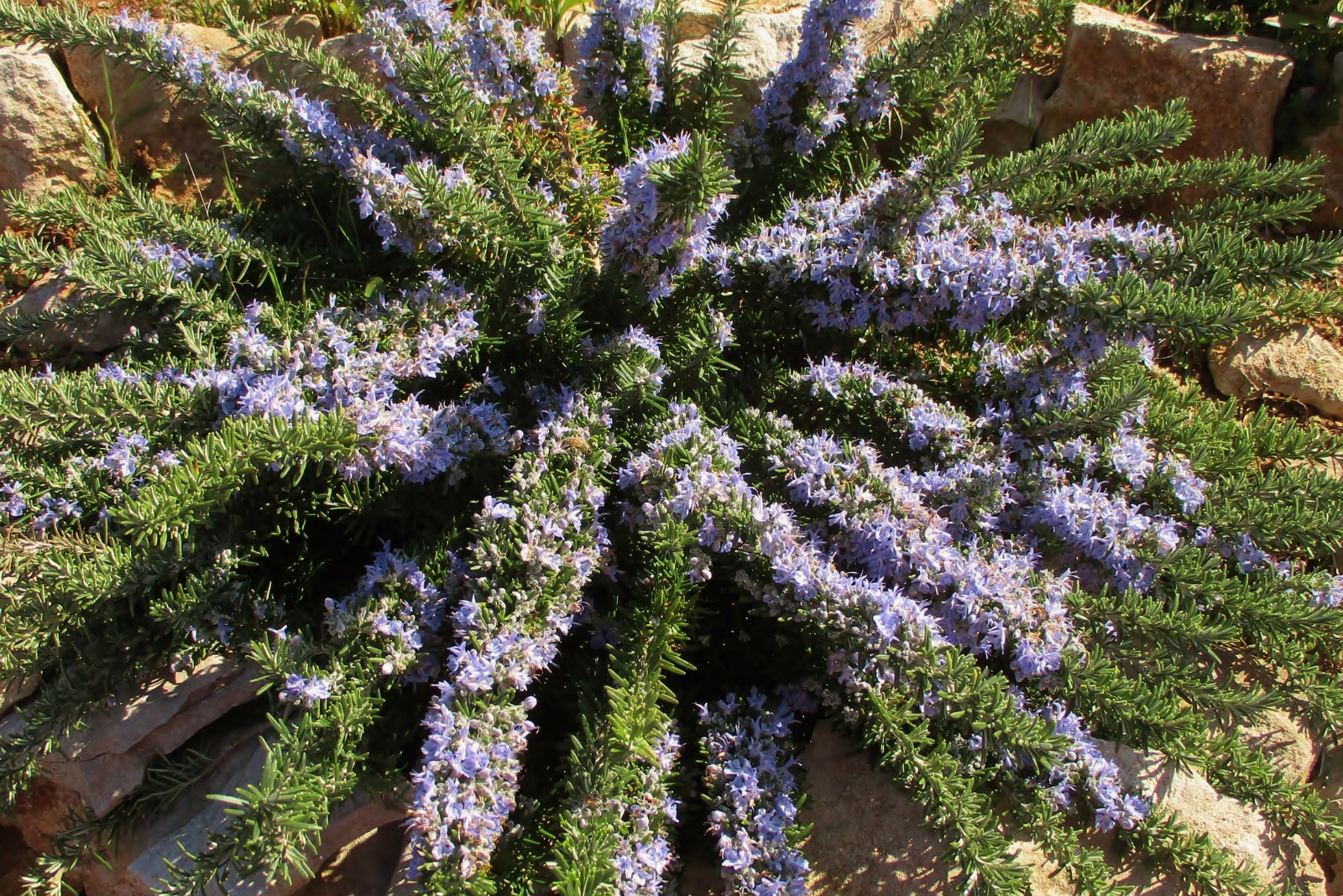
Rats can become a serious problem for Alabama gardeners, damaging crops and spreading disease throughout your yard. Instead of relying on harsh chemicals or traps, many local gardeners turn to nature’s own defense system.
Certain plants naturally repel these unwanted visitors with their strong scents and oils, keeping your garden safe and beautiful at the same time.
1. Peppermint
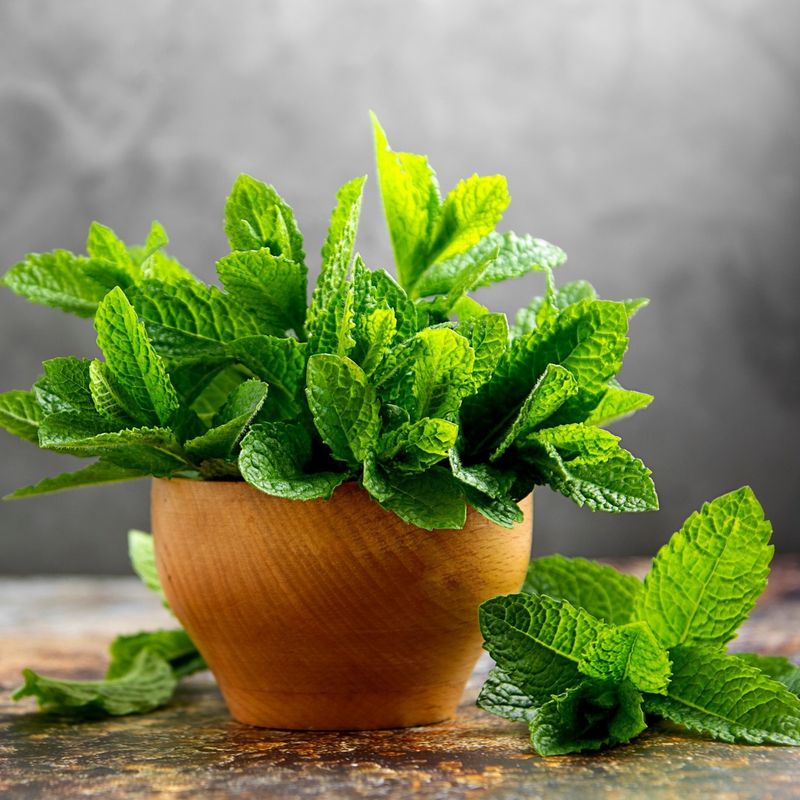
Rodents absolutely hate the powerful smell of peppermint, making it one of the most effective natural deterrents available. Plant it around garden edges or near entry points to your home for maximum protection.
Alabama’s warm climate helps peppermint thrive, especially when given partial shade and regular watering. The oils in its leaves create an invisible barrier that rats simply won’t cross.
Bonus: you can harvest fresh leaves for tea or cooking while keeping pests away!
2. Lavender
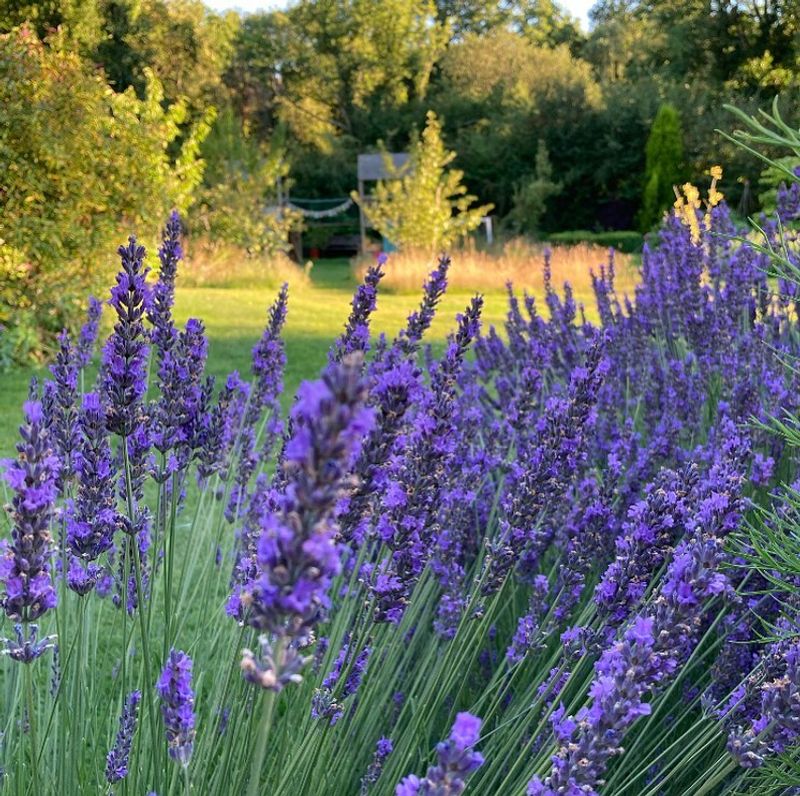
While humans adore lavender’s calming fragrance, rats find it overwhelming and unpleasant. Planting lavender bushes creates a gorgeous purple border that doubles as pest control.
Alabama gardeners appreciate how well lavender handles the heat and humidity of southern summers. It needs well-drained soil and plenty of sunshine to produce those aromatic oils that repel rodents.
Dry the flowers for sachets that continue protecting your home indoors year-round.
3. Rosemary
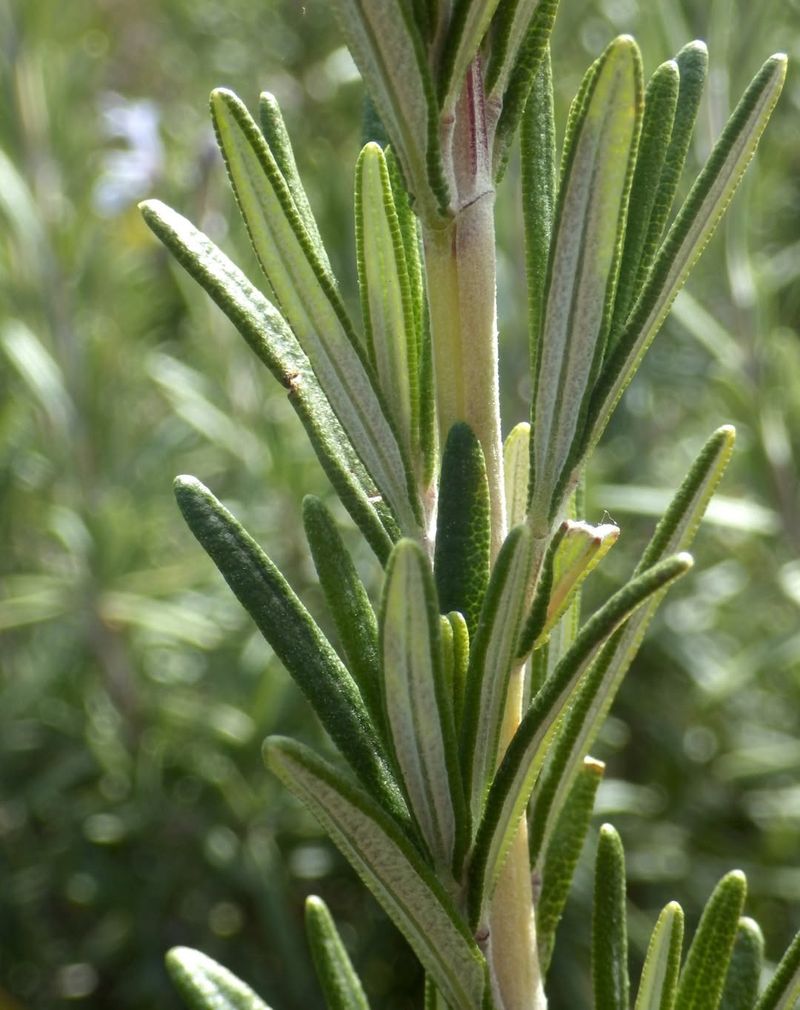
Did you know rosemary’s pine-like scent confuses and repels rats naturally? Planting this hardy herb near vegetable gardens provides excellent protection for your food crops.
Alabama’s mild winters allow rosemary to grow as a perennial in most regions. It loves full sun and doesn’t require much water once established, making it perfect for busy gardeners.
Snip branches for cooking whenever you need them while maintaining your natural pest barrier.
4. Marigolds
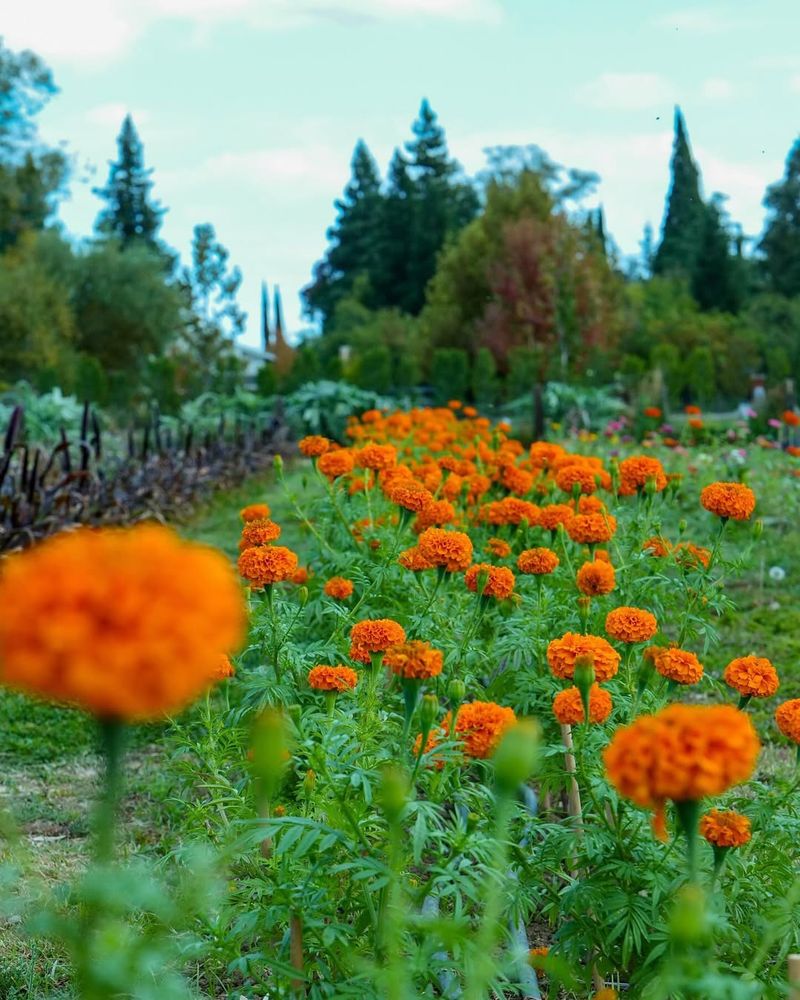
Marigolds pack a pungent punch that rats absolutely despise, making them a colorful solution to your rodent troubles. Their roots even release chemicals into the soil that deter underground pests.
Plant marigolds throughout your garden beds for both beauty and protection. Alabama’s long growing season means these cheerful flowers will bloom from spring through fall.
They’re incredibly easy to grow from seed, making them budget-friendly for large gardens.
5. Garlic
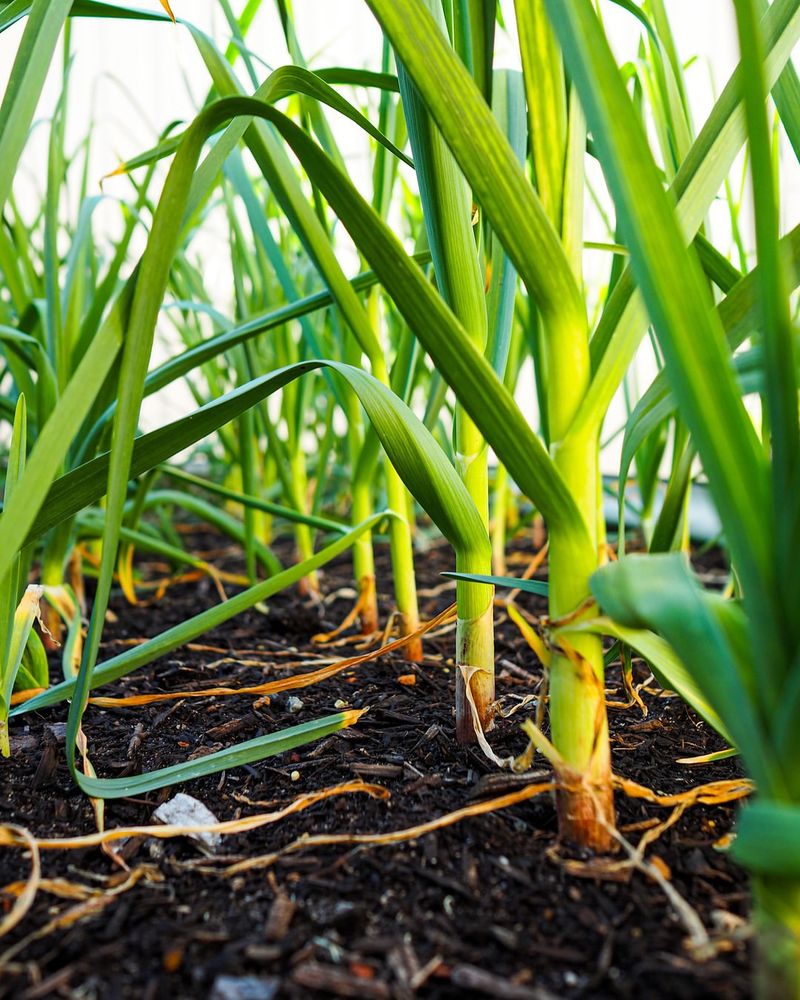
Garlic’s sulfur compounds create an odor barrier that rats won’t dare approach. Interplanting garlic with vegetables creates a protective shield around your most vulnerable crops.
Alabama gardeners plant garlic cloves in fall for a summer harvest, giving months of pest protection. The strong smell intensifies as bulbs mature underground, keeping rodents at bay continuously.
Harvest your own fresh garlic while maintaining natural pest control throughout the growing season.
6. Daffodils

With toxic alkaloids throughout their bulbs and leaves, daffodils send rats running in the opposite direction. Planting these spring beauties around your garden perimeter creates a poisonous barrier rodents instinctively avoid.
Alabama’s climate suits daffodils perfectly, and they return year after year with minimal care. Plant bulbs in fall for stunning yellow blooms that signal spring’s arrival.
Deer also avoid them, giving you double protection for your garden!
7. Mint Varieties
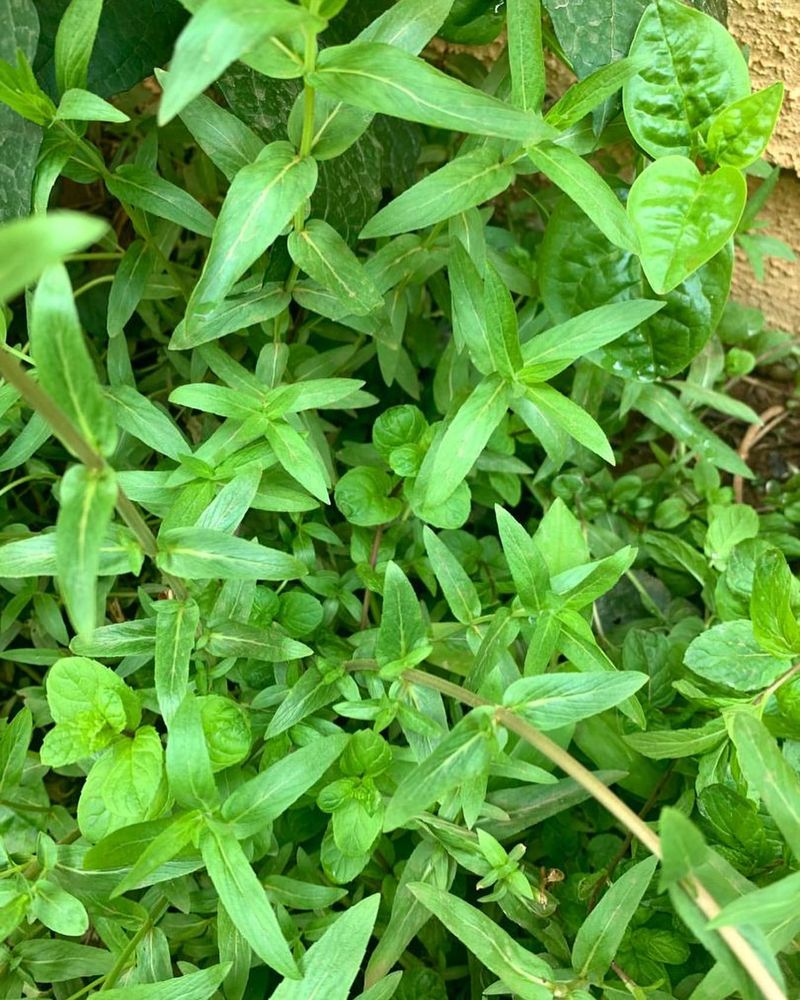
Beyond peppermint, other mint varieties like spearmint and chocolate mint work wonders against rats too. Each type releases menthol compounds that irritate rodent respiratory systems, driving them away effectively.
Plant mint in containers to control its aggressive spreading habit while still benefiting from its pest-repelling properties. Alabama’s humidity actually helps mint flourish and produce stronger scents.
Fresh mint leaves enhance drinks and desserts while protecting your outdoor spaces.
8. Sage
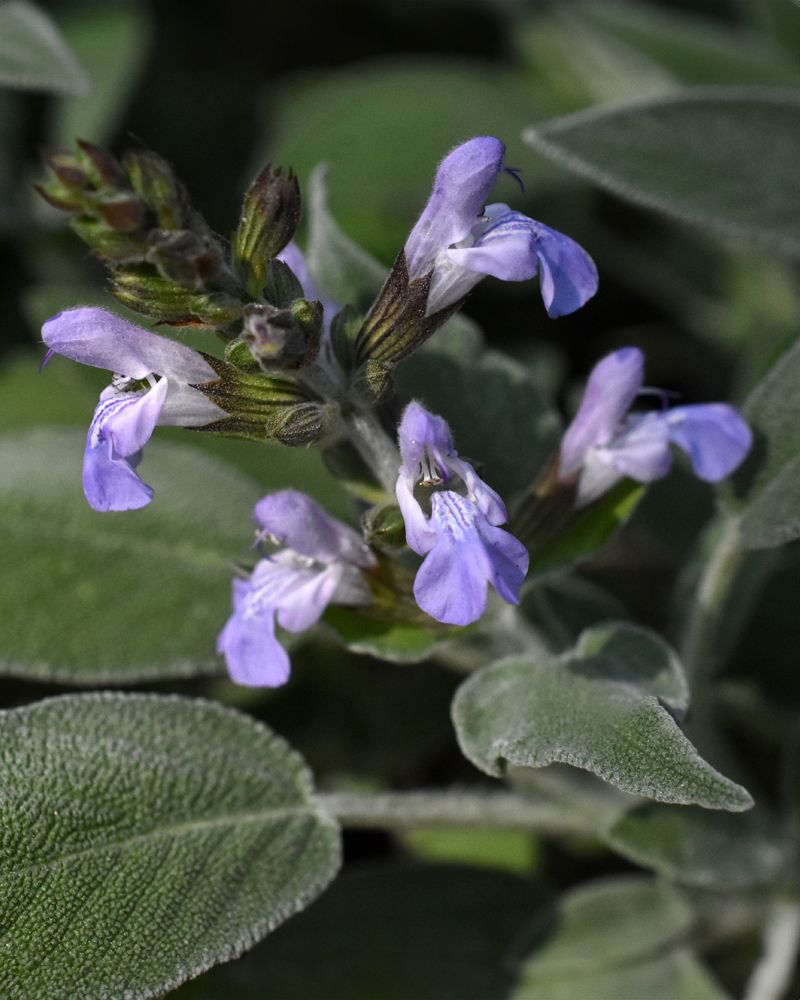
Sage’s intense, earthy aroma overwhelms rats’ sensitive noses, making it an excellent natural repellent. The oils in sage leaves become more concentrated in hot weather, perfect for Alabama summers.
Plant sage near outdoor seating areas or garden sheds where rats might seek shelter. It tolerates drought well once established and thrives in Alabama’s climate.
Harvest leaves regularly to encourage bushier growth and maintain strong pest-deterring scent levels throughout the season.
9. Catnip
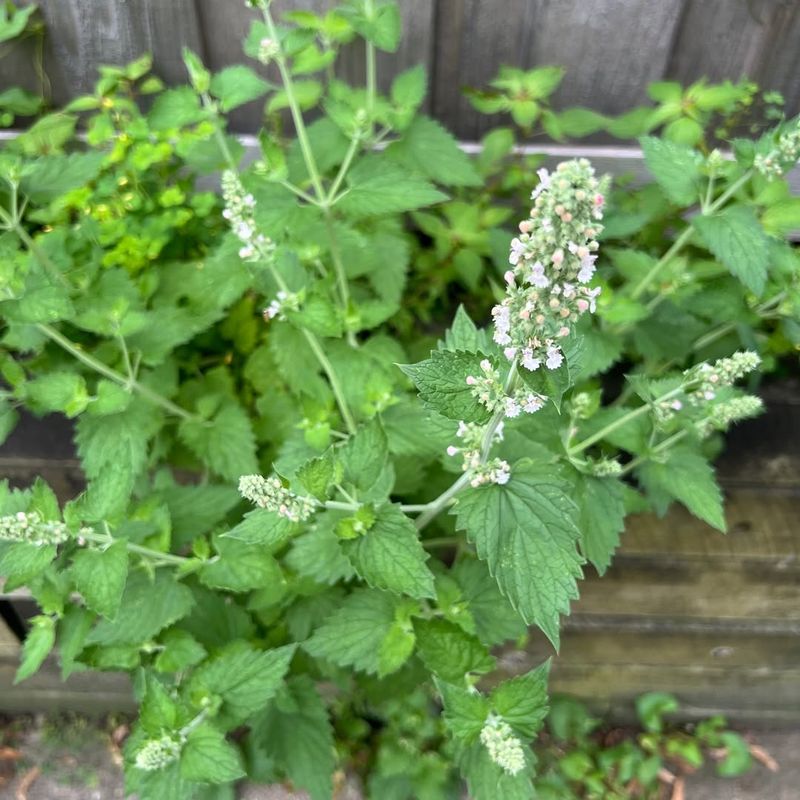
Ironically, while cats love catnip, rats absolutely hate it! The nepetalactone compound that attracts felines repels rodents powerfully.
Alabama gardeners find catnip incredibly easy to grow, sometimes too easy since it self-seeds readily. Plant it strategically around problem areas where you’ve noticed rat activity before. The plant produces purple-white flowers that add charm while protecting your space.
Dry some for your cats while using the rest as natural pest control around your property.
10. Chrysanthemums
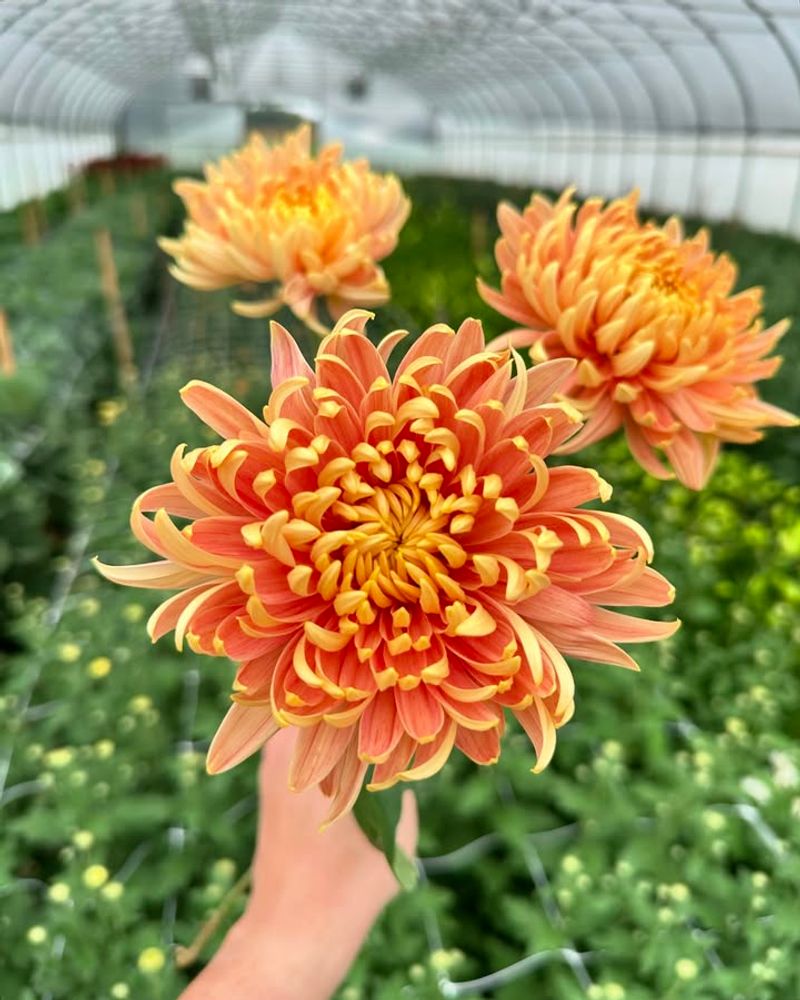
Chrysanthemums contain pyrethrin, a natural insecticide that also repels rats effectively. Fall-blooming mums add gorgeous color to Alabama gardens right when many other plants fade.
Plant them around foundations, sheds, and other structures where rats might enter. They prefer cooler weather, making them perfect for Alabama’s autumn season when rodents seek winter shelter.
Many varieties return each year, providing ongoing protection and beauty without replanting efforts required annually.
11. Alliums
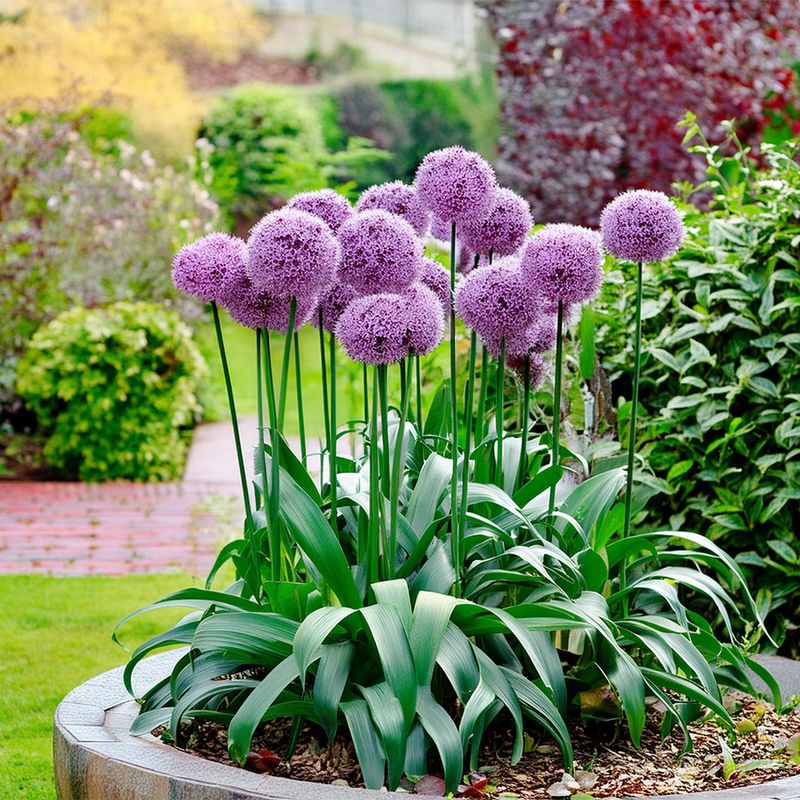
Ornamental onions create stunning architectural interest while their sulfur content keeps rats far away. Tall allium varieties look like purple fireworks exploding in your garden beds.
Alabama’s soil and climate support these spring bloomers beautifully. Plant bulbs in fall alongside tulips and daffodils for a layered defense system. Rats dislike the entire allium family, from decorative varieties to edible onions.
These low-maintenance perennials multiply over time, expanding your natural pest protection automatically each year.

